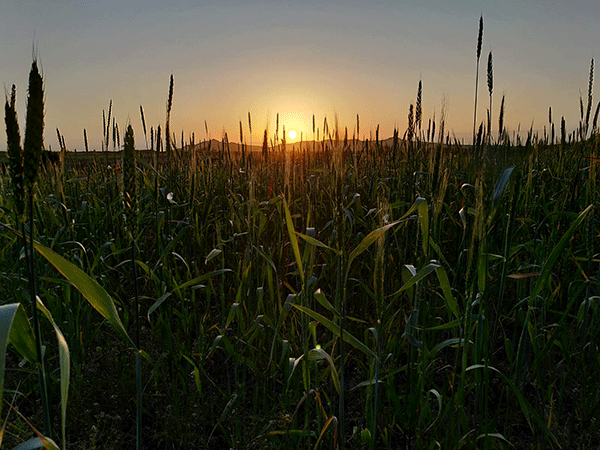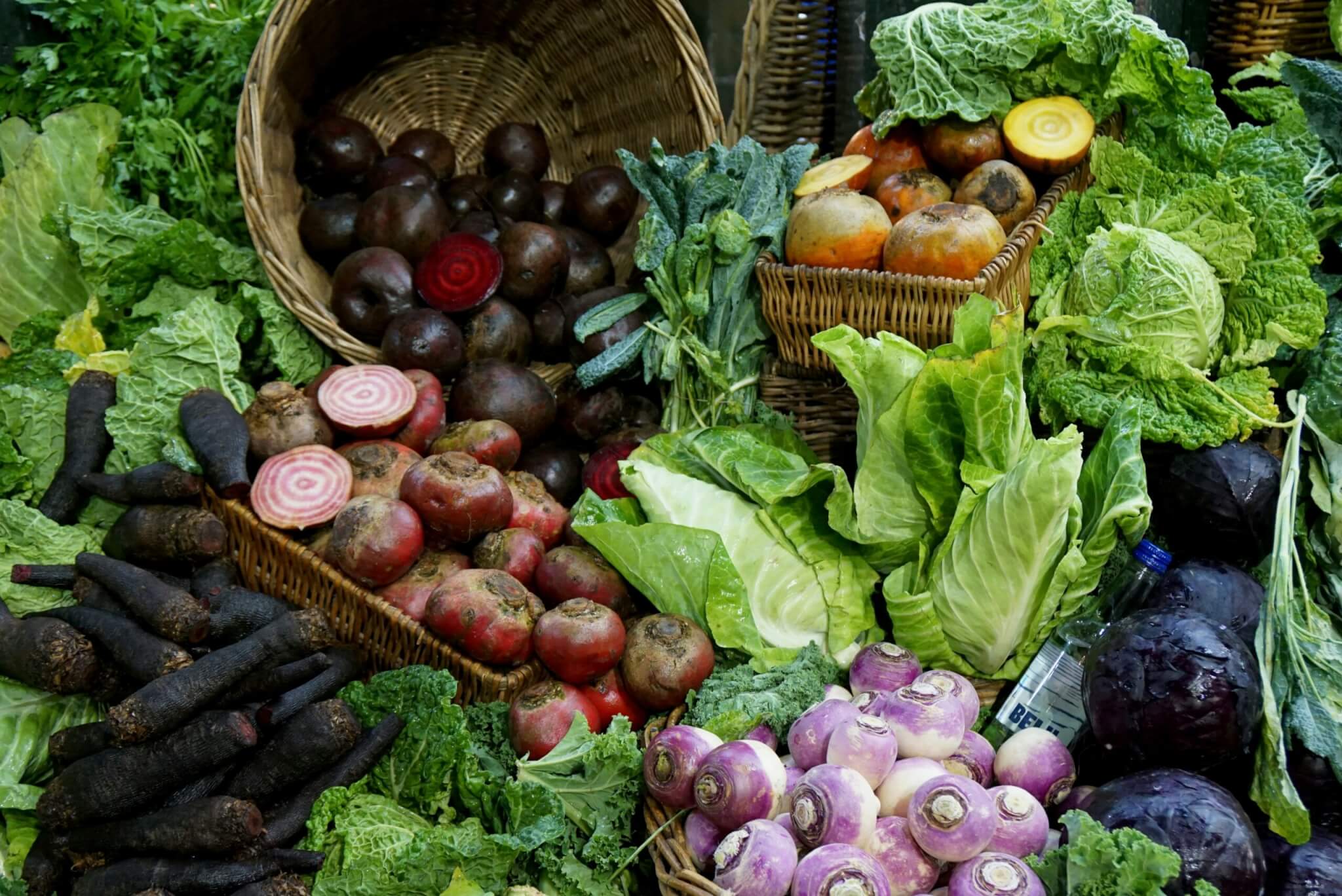Almost four thousand farmers, citizens, campaigners and environmentalists joined a vibrant gathering of the global sustainable food movement this week for discussions ranging from hedges to hemp, agroforestry, farm policy, social justice and nature-friendly farming.
The Oxford Real Farming Conference (ORFC), which took place online between 5-7 January, welcomed 500 speakers in a kaleidoscope of talks spanning practical farming tips to ecologically-rooted discussions all geared towards how to achieve an alternative, more sustainable and fairer food system.
At its root, the conference was born as an alternative to industrial, corporate and mainstream food and farming, which it sees as the cause of degradation of the natural world, exploitation of farmers, farm workers and indigenous people globally.
It has gained pace alongside growing awareness of the nature and climate crises, as farmers and citizens look for solutions to restore wildlife, while producing sustainable food, mitigating or reversing climate change and providing radical social change for a better world.
“It really does feel like a movement whose time has come,” said conference organiser Fran Price. “The pandemic forced the ORFC to go online for the last two years but the silver lining has been that it has allowed many more people to attend and also given them the opportunity to connect with farmers, food producers and activists all around the world, which is already leading to more collaboration and action as a movement.”
Speakers from around the world, including tea farmers in Kenya and Mexican agroecological and indigenous farmers from the Amazon, joined some of the leading voices in UK sustainable food and farming, alongside high-profile academics and thought leaders.
For a Green Glossary explaining some of the terms used in sustainable farming, click here.
At an opening keynote, renowned environmentalist and physicist Dr Vandana Shiva said: ““Food is the currency of life. Not cryptocurrency, not the dollar. Fossil fuel farming and fake food are stealing our health and futures, but farming with nature and food self reliance can bypass this toxic system.
“The same titans that are financing industrial farms are financing fake food. They are both sources of money; look at where the money is going,” she said.
“But we will ensure as a community that we find the farmers, grow the garden, and become food self-reliant.”
A key theme in early sessions was the success of the Indian farmer protests, where millions mobilised across India to protest against new laws that would formalise, streamline and bring corporate control into India’s largely small-scale farming culture.
“The consciousness of the small farmer has been reborn in India. Our movement today has to support farming that protects the planet. Our movement now has to be food as an ecological act,” said Shiva.
Director of the College for Real Farming and Food Culture, Ian Rappel, said: “The farmers protest is a social movement and all progressive change comes through social movements. That’s what the real farming movement is.”
A key focus on inclusion and diversity saw sessions covering the role of women working on the land, plus multiple talks exploring the knowledge and rights of globally diverse indigenous people.
Agroecological farmer from Guatemala, Alfredo Cortez, said: “It is about food but it’s about so much more than that. Living well is about having our own independence, food sovereignty, food choice, and bargaining.”
Gerald Miles, a heritage black oat farmer from Pembrokeshire, in the same session, said: “When I see Alfredo, we have the same values. In this we should invest more time and share more. As farmers together we can be powerful and independent. People need our food. If we stand together it can be very empowering.”

In a session focusing on regenerative women on the land, Clem Sandison of The Landworkers Alliance said: “Fundamentally women have been caretakers of the land for millennia, often occupying ‘gardener/caregiver’ role rather than ‘decisionmaker/ landowner’ in growing.”
The session shared Defra stats showing although women in farming increased from seven to 17 per cent in the last ten years, whereas 70 per cent of people working the land are women if that includes gardeners, allotmenteers and wives who work alongside their partners.
In a session on the ‘Financialisation of Climate and Biodiversity’, experts including founder of organic veg box company Riverford, Guy Singh-Watson, political economist Sarah Bracking and food systems consultant Honor Eldridge, along with Ian Rappel, scrutinised the goldrush for finance solutions like carbon offsets that are being offered to farmers to top up incomes.
“Markets will transform nature into a commodity and look where that has got us. Whereas agroecology is a process of decommodification,” said Rappel.
Singh-Watson asked: “What subjective values do you apply to biodiversity? What is the value of a skylark or a mycorrhizal funghi? Who on earth is making these judgements? We can’t measure everything that matters.
“As those in power are so keen on market-based solutions, why don’t we tax fossil fuels, responsible for 89 per cent of climate change? Astonishing that it doesn’t even get on the COP26 agenda,” he added.
A sense of positive change was tangible across the conference, a tone set by environmentalist Satish Kumar in his keynote.
He said: “Start from where you are. A huge river starts as a small spring in the hills. Then many tributaries join in and it becomes a grand river like Ganges or Thames. This is how all the big movements start. Be the river; be the change.”












Such a big subject, and a lot of which I am not really qualified to comment on.
Putting a value on bio diversity seems all wrong. As was said how do I value growing up hearing a skylark. These creatures are of value in themselves. The same as a tree and all other myriad of inhabitants who populate the planet with us. Respect all. Love.